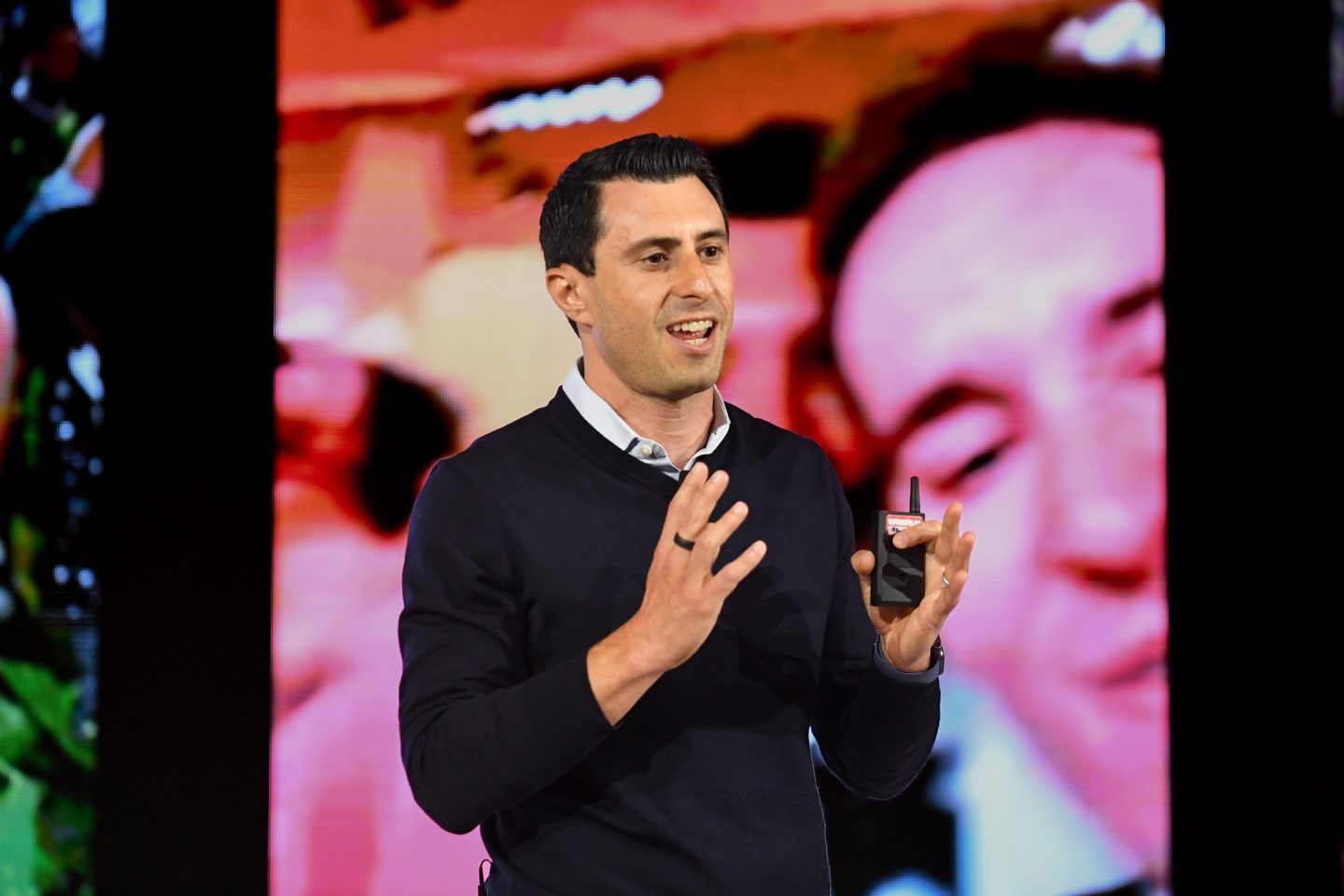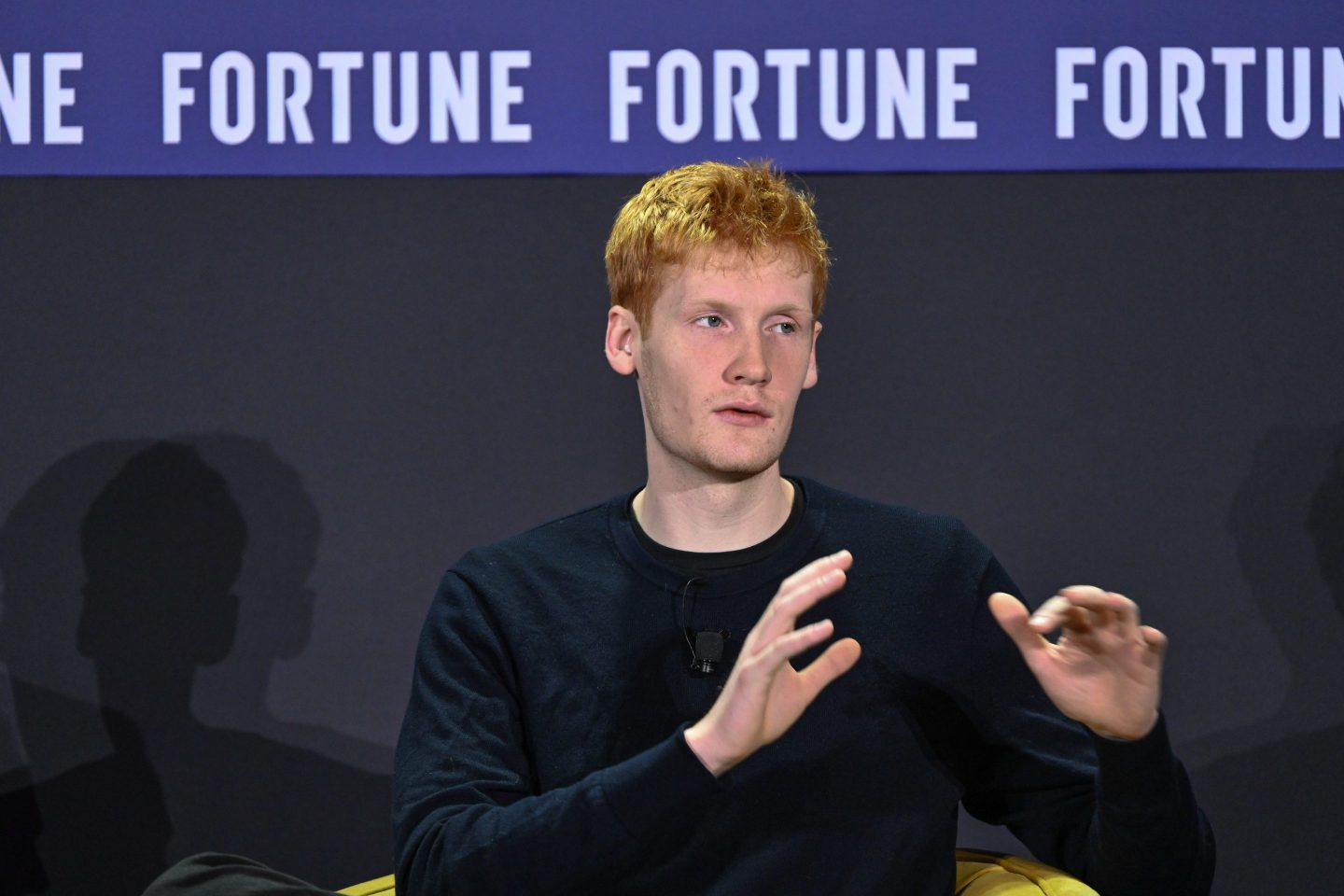When Ohio Governor John Kasich arrived in Cleveland to begin a week of campaigning for votes in Tuesday’s primary, he knelt and kissed the ground. His constituents, packed in an overflow room, gave him a standing ovation that reflected his 62% approval rating.
For the Republican presidential hopeful, who has the least delegates of the remaining four candidates, Ohio is his last stand—and he’s betting on a win. “If I don’t win my home state, I’ll get out,” Kasich told supporters in Nashville last month. “But you know what? I’m going to win Ohio.”
But as the Ohio primary looms, it’s not clear the state’s voters who love Kasich as governor will vote for him as Republican presidential nominee.
According to a CBS poll released Sunday, Kasich and Donald Trump were neck-and-neck, with 33% each, in Ohio. The 66-delegate state is a winner-take-all primary, so even a single point margin will mark the difference between winning 66 delegates or nothing at all.
Kasich’s biggest challenge in his home state? His presidential electability, says Ohio State University’s professor emeritus of political science Paul Beck. “He, of course, has not done well in other states and voters take that into account when they cast a vote whether someone can get the nomination,” he says. “They don’t want to waste their votes.” And Kasich’s desperation for a win in Ohio could ultimately do him in.
In Michigan, where Kasich hoped to demonstrate that his civility held Midwestern appeal, he earned a lukewarm third place. And even if Ohioans give Kasich the win he is begging for, it’s unclear what kind of roadmap the governor has for the rest of the primary race.
It’s conventional wisdom in politics that governors outperform almost any other politician when running for the White House. In 2011, Nate Silver calculated that a candidate’s share of the popular vote gets a 10% boost if his or her last office was governor. Four of the last six presidents had served as governors. But the 2016 campaign has repeatedly defied expectations, and the matter of candidate experience seems to be no different. One by one, eight of the nine Republican governors who have run for president this cycle have crumbled before the never-politician Trump.
The same credentials that have likely made Kasich an effective governor are likely to alienate the anti-establishment, right-wing types who typically turn out in droves in primary elections. (Many political scientists have argued that primaries weed out moderate candidates because mainstream, moderate voters rarely turn out for them; even though 2016 has seen a 40% increase in GOP turnout, Trump’s dominance at the polls suggests that whoever is showing up isn’t voting for the moderates.)
The Ohio governor wasn’t always so moderate, or so popular, though. Soon after he took office in 2011, Kasich pushed through a bill that restricted collective-bargaining rights for public employees. Ohioans voted to repeal the bill by 62-38%, and his approval ratings wallowed in the 30s in 2011. After that political failure, Kasich took a step back and narrowed his focus to a single issue: jobs. “I think he became less combative, and he hasn’t returned to wanting to do anything with unions,” Beck said. “I think it softened his hard edges and I think voters have noticed that and appreciated it.”
Kasich is also one of a handful of Republican governors who expanded Medicaid in his state under Obamacare. He portrayed the issue as a moral one—according to one account, he told a state legislator that “when you die and get to the meeting with Saint Peter, he’s probably not going to ask you much about what you did about keeping government small,” but rather, “what you did for the poor.”
At the time, the decision barely affected Kasich’s popularity in Ohio, and only 24% of Republicans said the decision made them less likely to support him in the future. But two years later, Kasich’s track record as a compromising, moderate establishment figure might not play as well in a primary election frothing with disdain for insider candidates.










